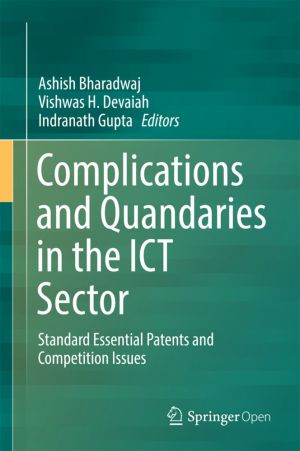Cohabitation and Marriage in the Americas: Geo-historical Legacies and New Trends
by Albert Esteve , Ron J. Lesthaeghe
DescriptionDetailsHashtagsReport an issue 






Book Description
This book presents an innovative study of the rise of unmarried cohabitation in the Americas, from Canada to Argentina. Using an extensive sample of individual census data for nearly all countries on the continent, it offers a cross-national, comparative view of this recent demographic trend and its impact on the family. The book offers a tour of the historical legacies and regional heterogeneity in unmarried cohabitation, covering: Canada, the United States, Mexico, Central America, Colombia, the Andean region, Brazil, and the Southern Cone. It also explores the diverse meanings of cohabitation from a cross-national perspective and examines the theoretical implications of recent developments on family change in the Americas. The book uses data from the Integrated Public Use Microdata Series, International (IPUMS), a project dedicated to collecting and distributing census data from around the world. This large sample size enables an empirical testing of one of the currently most powerful explanatory frameworks for changes in family formation around the world, the theory of the Second Demographic Transition. With its unique geographical scope, this book will provide researchers with a new understanding into the spectacular rise in premarital cohabitation in the Americas, which has become one of the most salient trends in partnership formation in the region.This open book is licensed under a Creative Commons License (CC BY-NC). You can download Cohabitation and Marriage in the Americas: Geo-historical Legacies and New Trends ebook for free in PDF format (6.2 MB).
Book Details
Title
Cohabitation and Marriage in the Americas: Geo-historical Legacies and New Trends
Subject
Sociology and Social Sciences
Publisher
Springer
Published
2016
Pages
311
Edition
1
Language
English
ISBN13
9783319314402
ISBN10
3319314408
ISBN13 Digital
9783319314426
ISBN10 Digital
3319314424
PDF Size
6.2 MB
License

Related Books

Books about Oxford have generally focused on the University rather than the city. This original book on the local politics of Oxford City from 1830 to 1980 is based on a comprehensive analysis of primary sources and tells the story of the city's progressive politics. The book traces this history from Chartism and electoral reform in the mid-ni...

With technology standards becoming increasingly common, particularly in the information and communications technology (ICT) sector, the complexities and contradictions at the interface of intellectual property law and competition law have emerged strongly. This book talks about how the regulatory agencies and courts in the United States, European U...

This open access book, inspired by the ICME 13 Thematic Afternoon on "European Didactic Traditions", consists of 17 chapters, in which educators from the Netherlands reflect on the teaching and learning of mathematics in their country and the role of the Dutch domain-specific instruction theory of Realistic Mathematics Education.Written b...

This twenty-third ICMI Study addresses for the first time mathematics teaching and learning in the primary school (and pre-school) setting, while also taking international perspectives, socio-cultural diversity and institutional constraints into account. One of the main challenges of designing the first ICMI primary school study of this kind is the...

Written for the IT professional and business owner, this book provides the business and technical insight necessary to migrate your business to the cloud using Microsoft Office 365. This is a practical look at cloud migration and the use of different technologies to support that migration. Numerous examples of cloud migration with technical migrati...

Ethnicity and Race in the UK examines the state of racial inequality in a wide range of areas in post-Brexit Britain, including employment, health care, education, criminal justice, housing, and representation in the arts and media. Written to coincide with the fiftieth anniversary of the UK Race Relations Act of 1968 as well as the founding of the...

